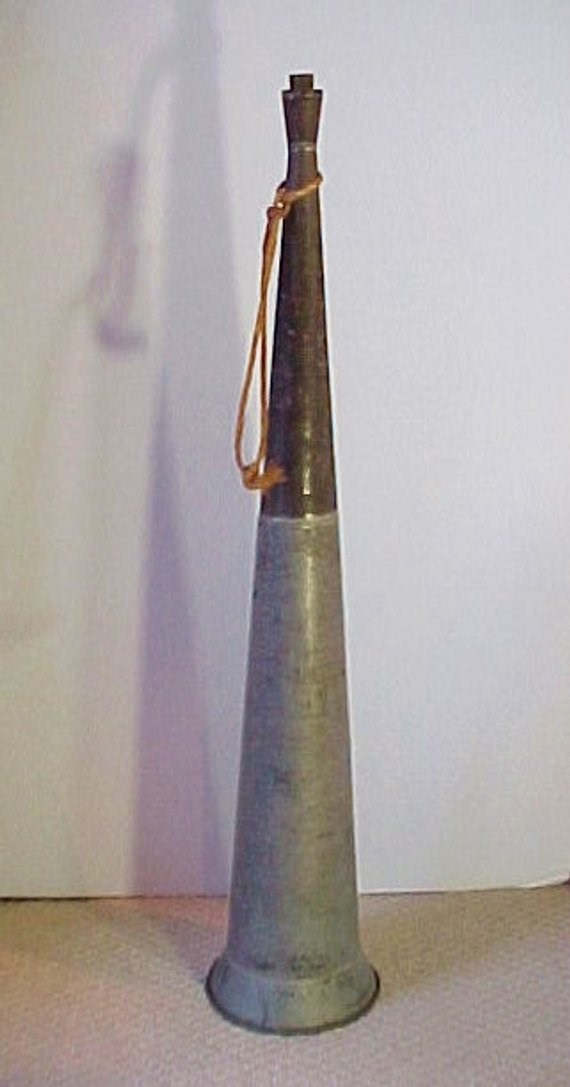Last updated: September 4, 2018
Article
Getting Lost and Found on the Lewis and Clark Expedition

Photo: Creative Commons
It seems that Captain Lewis even planned for these situations. In his supplies, he included four tin sounding horns for which he paid 50 cents each to tinsmith Thomas Passmore of Philadelphia. Used as a human-version of echo location, the men could more easily keep track of each other, whether on land or on the boats. In September, 1803 in the midst of fog and rain, Lewis recalled, “my canoes which had on board the valuable part of my stores had not come up, ordered the trumpet to be sound and they answered.”
Other techniques of locating men included the discharge of guns, the firing of the swivel gun (both of which used precious ammunition), and “whooping.” Lewis wrote on June 23, 1805, “hooping as we went on in order to find the hunters…”
